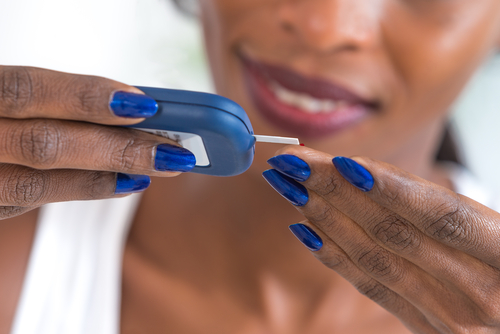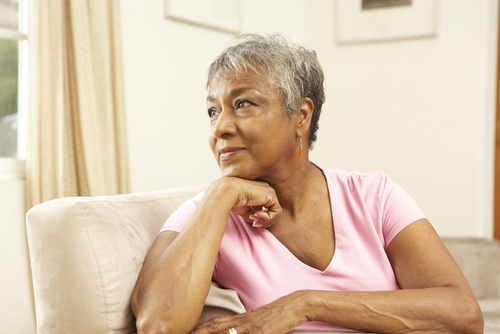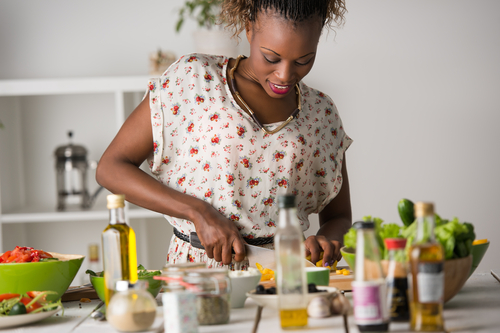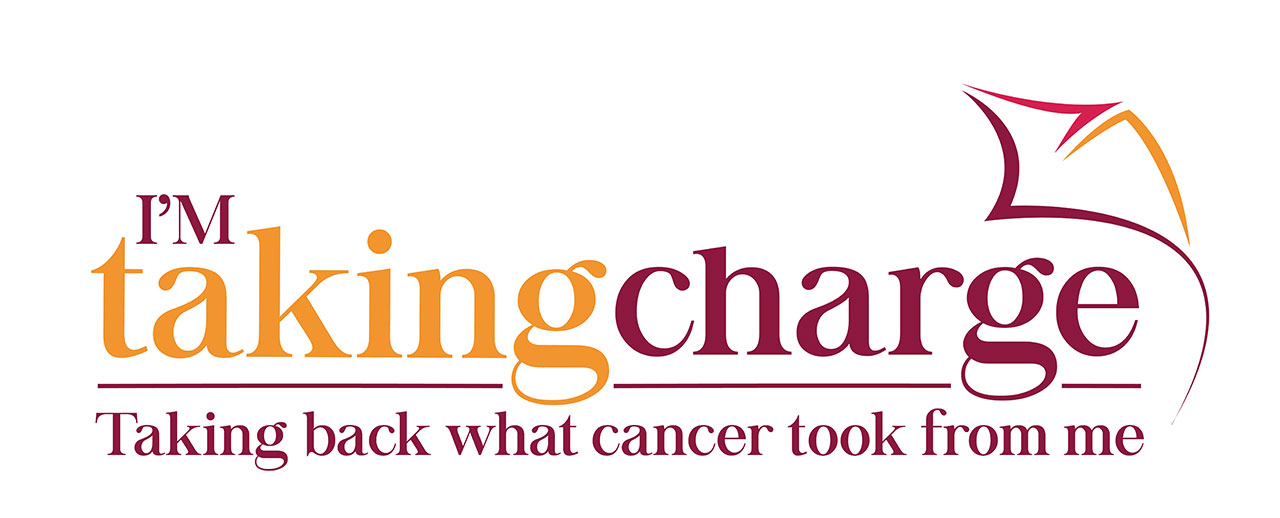Breast cancer affects women of different races in varying ways. According to the CDC, breast cancer rates are highest among white women and African American women. This is followed by women who are Hispanic, Asian/Pacific Islander, and American Indian/Alaska Native. Unfortunately, African American women with breast cancer are more likely to die than all other races. There are many reasons for why this occurs, and we’ve written about a few of them. But no matter what the reason is, that statistic won’t change on its own. In the Los Angeles area, Black Women for Wellness (BWW), recognizing the link between diabetes and breast cancer, is promoting a new initiative. This new initiative is Change Your Lifestyle, Change Your Life (CYL2). Through this program, BWW lowers the rate of diabetes among African American women.
You may be wondering, “What does diabetes have to do with breast cancer?”
Well, quite a lot, actually. Especially when you consider that several studies have linked diabetes to a higher risk of breast cancer.
The Link Between Breast Cancer and Diabetes

There are four categories of diabetes: gestational, type 1, type 2, and prediabetes.
Women with prediabetes have higher than average blood glucose levels. These levels are not high enough for type 2 diabetes. Still, prediabetes often leads to type 2 diabetes over time.
Gestational diabetes occurs when pregnant women develop high blood glucose levels. In most cases, women can control gestational diabetes. But having gestational diabetes increases the chance of developing type 2 diabetes by 35 to 65 percent. Type 1 diabetes is also known as juvenile diabetes. Most cases of type 1 diabetes develop during young adulthood or among teenagers. Yet the diagnosis may apply to anyone under the age of 40. Women can manage type 1 diabetes, but they live with the condition for their entire lives. Komen reports that these three types of diabetes are not linked to a higher risk of breast cancer.
That only leaves one real culprit: type 2 diabetes.
This form of diabetes develops from obesity, poor diet, and physical inactivity. And it is the most common form of diabetes. Roughly 90 to 95 percent of all diabetes cases in the world are type 2 diabetes. To make matters worse, type 2 diabetes increases women’s risk of breast cancer by 20 to 27 percent.
Scientists are unsure about why type 2 diabetes increases breast cancer risk. They suspect it may have something to do with high insulin and glucose levels. Or with increased inflammation.
Further, both type 2 diabetes and breast cancer share a few risk factors. Being of an older age increases the risk of both breast cancer and type 2 diabetes. As does being overweight and not exercising.
Diabetes Connected to Advanced-Stage Breast Cancer

To make matters worse, a study from 2015 linked diabetes with advanced-stage breast cancer.
This study looked at the medical records of over 38,000 women in Ontario, Canada. These women developed breast cancer between 2007 and 2012. And they were between the ages of 20 to 105 years old. Among them, almost 16 percent had diabetes.
Women with diabetes were 14 percent more likely to develop stage II breast cancer. This increased to 21 percent for stage III and 16 percent for stage IV breast cancer. Beyond that, women with diabetes were more likely to have breast cancer spread to the lymph nodes. Plus, they were less likely to get a mammogram.
Researchers did not discover why there were higher rates of advanced-stage breast cancer. Still, they suggested women with diabetes should undergo more aggressive breast cancer screening. This includes annual breast MRIs and ultrasounds and an annual mammogram. They also suggested women with diabetes get screenings every six to 12 months.
How CYL2 Reduces Diabetes and Breast Cancer

Now back to CYL2.
This diabetes prevention program provides resources and support to black women with prediabetes. Women who take part in CYL2 join for at least one year. During this time, they meet with community groups every week. At these meetings, participants discuss dietary choices and share health strategies. Each woman also receives information pamphlets and resources about healthy living.
BWW created CYL2 based on several years of research. Lifestyle change intervention reduces diabetes by 58 percent among adults with prediabetes. Such programs also reduce the rate of diabetes by 71 percent among all adults over the age of 59. The long-term rate of diabetes also decreases by 34 percent when adults take part in prevention programs.
CYL2 is a lifestyle change program recognized by the CDC. Rooted within the community, it creates an automatic support system. Peers, friends, and colleagues all help participants make changes needed to prevent diabetes.
CYL2 may not directly address breast cancer. But it has a big impact on breast cancer rates among African American women!
As we mentioned, women with prediabetes are more likely to develop type 2 diabetes. Once women have type 2 diabetes, they are also more at risk of developing breast cancer.
So, by preventing type 2 diabetes, we can reduce breast cancer risk!







Leave A Comment